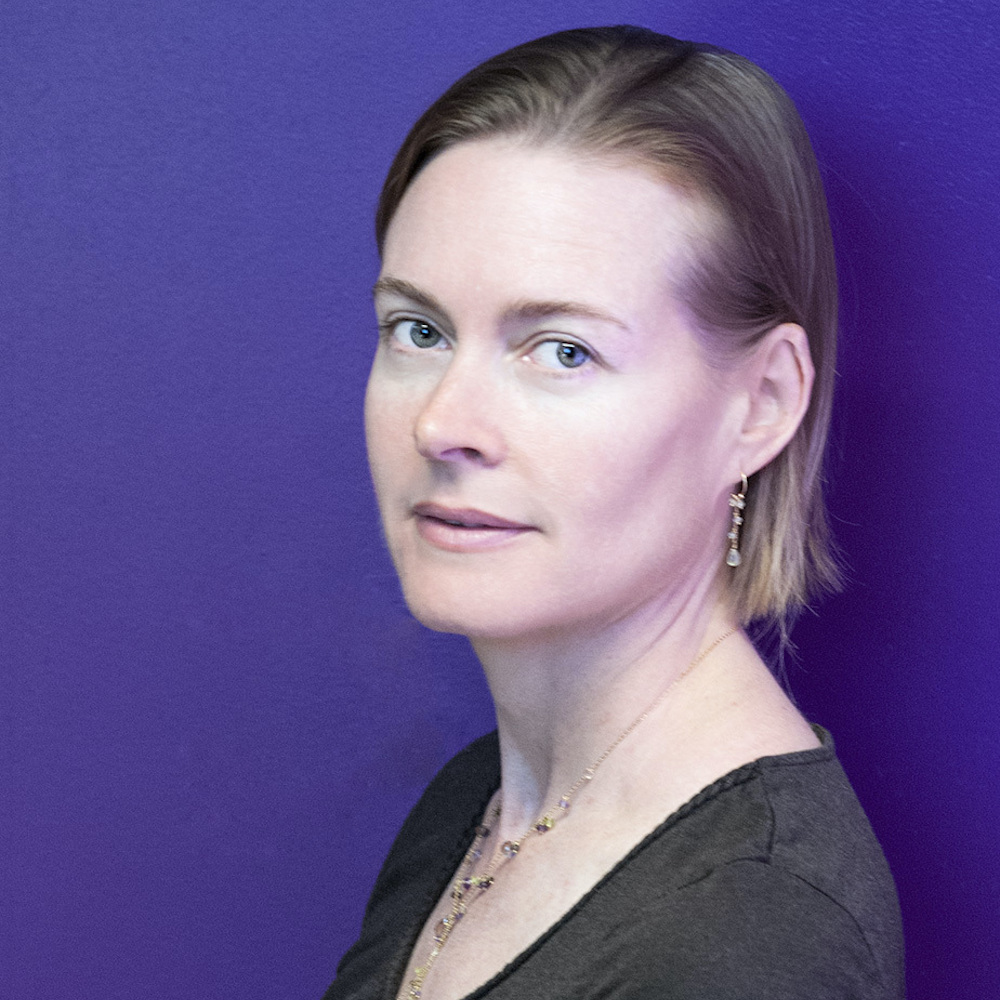What is it about Scandinavia that has given rise to the wave of Nordic crime fiction that has become a phenomenon on bestseller lists around the world for over a decade and must be, by now (along with Absolut vodka) one of Sweden’s top exports? Is it the long, dark and frigid winters? The methodical and logical character of the culture? A combination of these, or perhaps something else altogether? It’s impossible to say, but there can be no argument that it’s a genre at which Scandinavians, the Swedes in particular, excel. This month a young woman will join the ranks of the predominantly male authors who have discovered worldwide fame with their work in the genre: Camilla Ceder. Frozen Moment was first published in Sweden last year, and the English translation, by Marlaine Delargy, is slated for publication this month in London; as such the novel has a thoroughly European feel.
On a bleak winter day in 2006 a body is found, shot execution-style and crushed by a car. Ceder takes us back to 1993 to solve the mystery, which becomes even more complex and mystifying when a second murder, with all the same characteristics, takes place. A career in counseling and social work has given Ceder first-hand knowledge of the kind of characters she writes about: people who get a raw deal from the very start of life and end up struggling to fit into society. Ceder’s background in psychotherapy has enabled her to create a vibrant cast of characters, each of whom is entirely authentic and whose actions are believable to the core. You won’t find loose ends or leaps of faith in these pages; nor will you find, thankfully, the gratuitous sex and violence that sometimes characterize the genre.
Ceder, a Swede herself, tips her hat to the Swedish master of the genre, creator of iconic detective Kurt Wallander, by directly refering to him in the book.One of her young homicide detectives “had no problem identifying with the lonely, obstinate and self-sacrificing detective, whether portrayed by Henning Mankell [or other writers] . . .” And one of her criminals is arrested in Ystad, which is where Mankell lives and works.
She also pays homage to tyro Steig Larsson, who, despite his untimely death, was the second best-selling author in the world last year; one of her principal characters shares a surname with the heroine of Larsson’s Millenium trilogy: Selander—a variation on the spelling of Salander, a name millions will recognize thanks in part to the movie of The Girl with the Dragon Tattoo, the first book in Larsson’s series.
Ceder plans to build a series, too, around her main character Inspector Detective Christian Tell—a nice, driven guy who just can’t get it right when it comes to relationships with women. That’s great news, not only for fans of the genre but for broader readers as well because this novel is finely crafted and will appeal to more literary readers too. It’s a compulsive read to boot; it’s just a shame most readers will finish the book in a day or two, because it’s so hard to put down. Let’s hope Ceder writes quickly.











